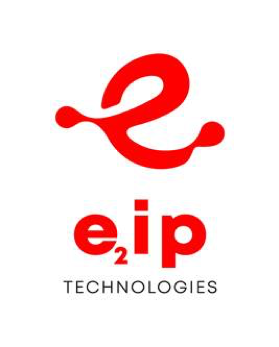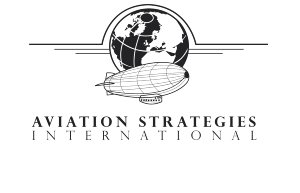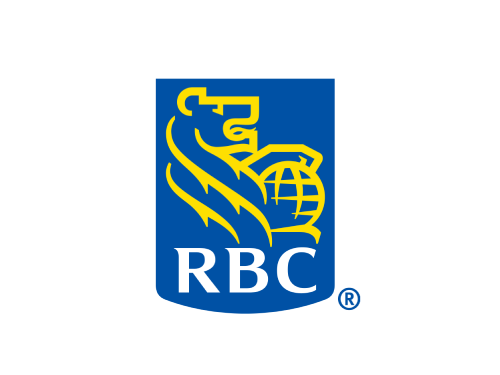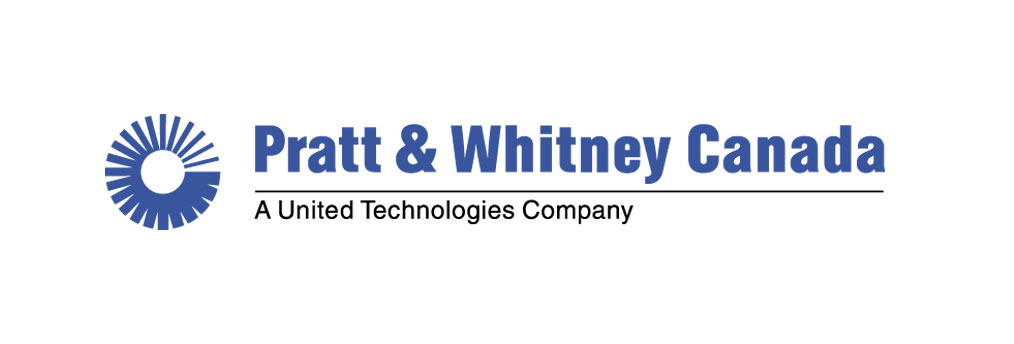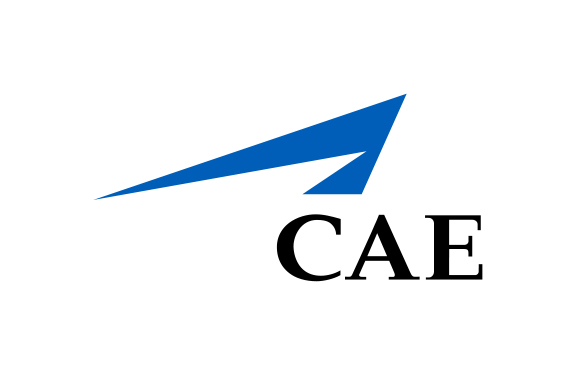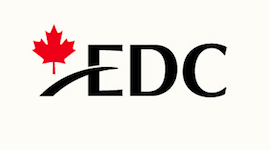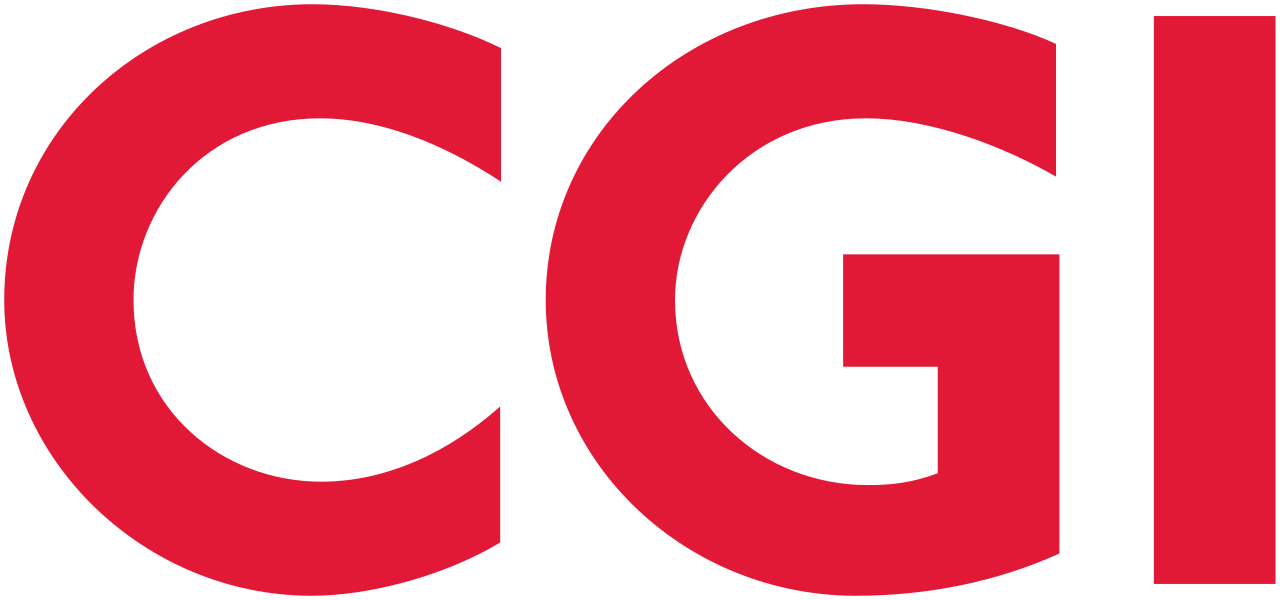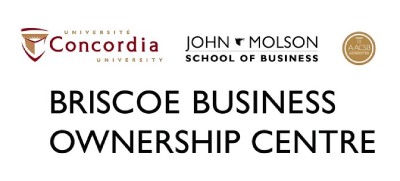Case competition tests MBA student stamina
For the past six years, Concordia has played host to some of Canada’s brightest MBA students in an annual event that resembles a full dress rehearsal for the pressures of corporate boardroom life.
The Concordia MBA Case Competition is a gruelling four-day contest that presents student teams with complex business problems drawn from real life, and gives them four hours to produce neatly organized written and oral solutions. That’s considerably less time than any real corporation would spend pondering the “case”.
Despite the pressures, the rewards are enough to attract increasing numbers of business administration students from across the country. Sixteen teams from Halifax to Calgary participated in last January’s competition, compared to five local teams in the first year.
“The competition has gained considerably in prestige since the early years,” says Peter Barrette, an MBA student who helped organize the 1987 event.
Line Rivard, a member of this year’s Concordia team, says the contest is worthwhile because “you learn to work with people and work under real stress. You may not agree on all the issues of a case at the beginning, but you have to learn to agree, and fast.”
Rivard, who has an art history degree from the Université de Montréal, is receiving her Concordia MBA this year and has found during job-hunting that employers respect the competition. “People in Montreal and even in Toronto were interested to know that I had taken part. Employers like people who work well under pressure.”
Along with spreading awareness of Concordia’s MBA program across the country, the competition brings contacts with a wide cross-section of Montreal’s business community. About 90 local executives serve as judges, and 43 companies help sponsor the competition with cash and services.
One dedicated fan is Arthur Earle, a senior Dominion Textile executive and past president of the Montreal Board of Trade who has been a judge each year since the competition started. “I love seeing these kids getting ready to go out into the business community. And I think there’s a wonderful atmosphere to the competition. It’s a national event. It’s bilingual. It’s Canada at work,” he says.
Earle also works on the committee that selects suitable “cases” from a library built up at Wilfrid Laurier University. They should offer interesting alternative solutions, be manageable in the four-hour time limit, and have some current topicality, he says.
Last January’s cases included Air Canada and its reaction to airline deregulation, Redpath contemplating manufacture of a sugar substitute, IKEA pondering a move into the Ontario market, and a high-tech greenhouse firm called Living Lettuce considering a major expansion of hydroponic lettuce production.
If the cases sound dry, the student teams have a actor’s flair for breathing life into them as they play the role of business consultants. A spectator at the competition, which is open to the public, can easily be lulled into thinking that a play is being staged.
The student actors are in full corporate dress, dark suits and red ties for the men, the latest boardroom fashion for the ladies. They pace the stage, use pregnant pauses and gestures to drive their points home, tell corny jokes and verbally stroke the jury while delivering their advice. The judges, for their part, are cast as directors of the company seeking advice.
“You’re really selling ideas, and the better you sell them, the better you succeed,” says Associate Professor Pierre Brunet, coach of Concordia’s 1987 student team which, apart from Rivard, included Irwin Rapkin, Jacques Leduc and Lucy Nucciarone. The group was selected for their diversity of expertise and compatibility from a class of 15 that Brunet teaches.
Brunet’s class is a fall semester course geared largely towards preparing a team for the competition, emphasizing effective presentation of ideas. “Half of the course deals with making presentations – how you stand, project your voice by speaking from the diaphragm, make eye contact, and use rhetorical questions and so forth,” he says.
When the contest was over, the University of Sherbrooke was the winner, followed by the universities of Alberta and Ottawa. Last year, UQAM won first place. The Concordia home team has yet to win first place, although it has sometimes reached the finalist group of three top teams.
Win or lose, Concordia’s coach seemed anything but bitter. For Brunet, the warmest moment of the event came during the closing banquet held at the Sheraton Centre, as he looked around at all the MBA students who had survived the pressure cooker.
“I had the thought that if we got the students in this room together again in a few years, they will all be our corporate leaders,” he said. “Because if we don’t get our captains of industry from this group, I don’t know where they will come from.”


